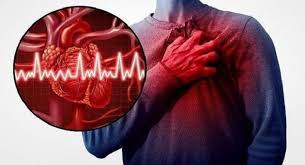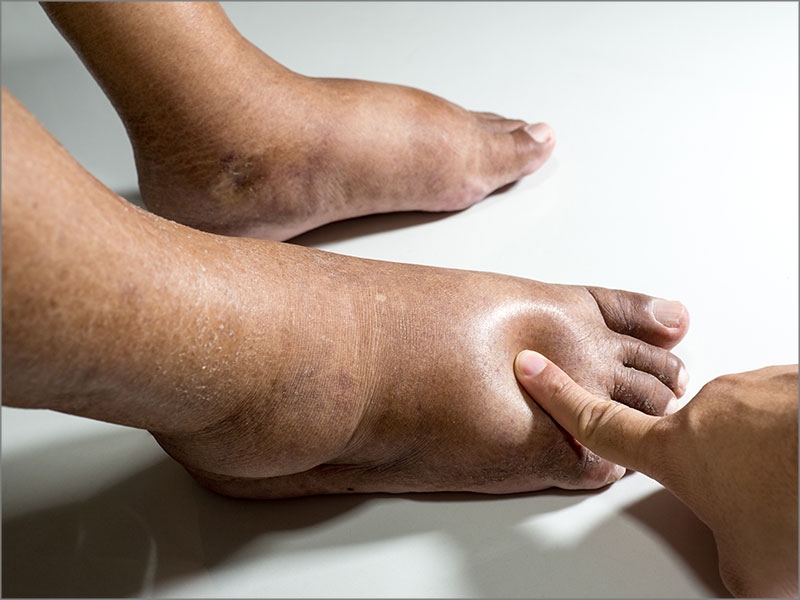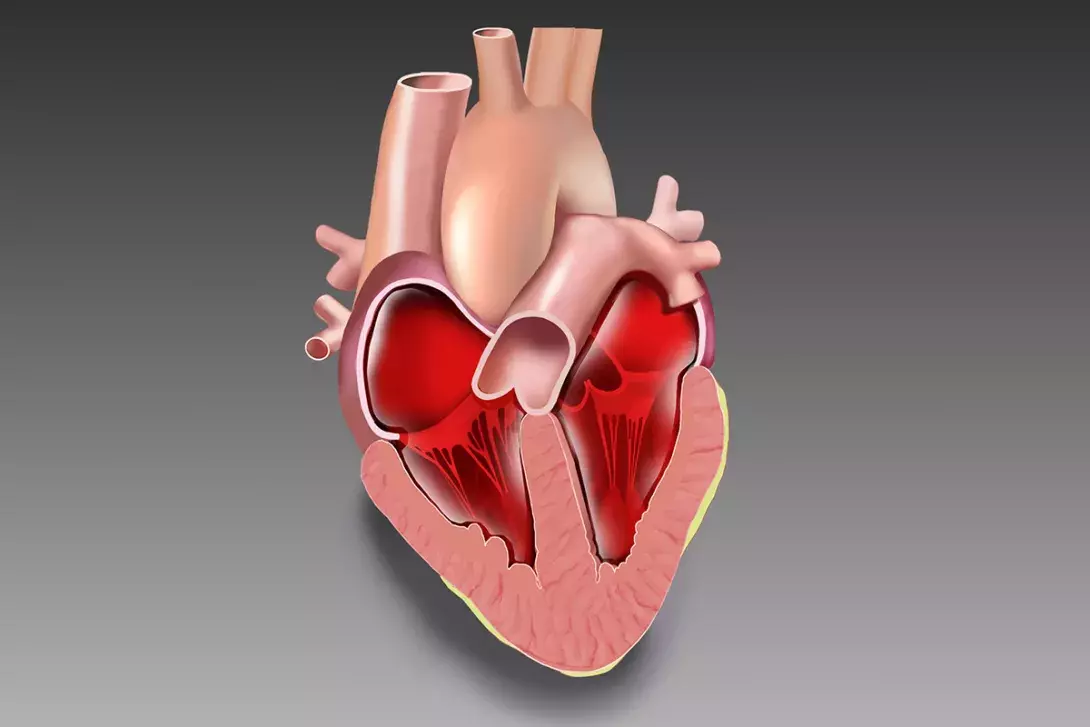
Dr. Jeremy London, a well-known doctor on TikTok, recently highlighted three key warning signs that could indicate a weakened heart. Though commonly associated with other conditions, these signs should not be ignored.
Shortness of Breath During Mild Activity
Shortness of breath during physical activity, even light tasks like walking or climbing stairs, can be a red flag for heart issues. This symptom often occurs when the heart struggles to pump enough blood and oxygen to the body.
It’s important to monitor if you experience this regularly or if it worsens with activity. If the breathlessness becomes more noticeable, it’s time to consult a doctor.
Unexplained Swelling in Legs and Feet

Swelling in the lower extremities, especially the legs and feet, could also indicate that the heart isn’t functioning properly. When the heart is weak, fluid can accumulate in these areas due to poor circulation.
This swelling may be accompanied by discomfort or a feeling of heaviness in the legs. If the swelling is persistent and coupled with other symptoms like chest pain, immediate medical attention is crucial.
Difficulty Breathing While Lying Down

One of the more alarming symptoms of heart failure is trouble breathing when lying flat. This condition, called orthopnea, happens because the heart cannot handle fluid buildup in the lungs when the body is in a horizontal position.
The heart’s inability to effectively pump blood and oxygen can lead to fluid retention in the lungs, making it harder to breathe when lying down. If you find breathing easier when sitting or propping yourself up, seeing a healthcare provider to determine the cause and assess heart function is essential.
Ejection Fraction and Heart Health

An ultrasound probe can measure the heart’s ejection fraction, which indicates the percentage of blood pumped out with each heartbeat. A normal ejection fraction is typically between 65 to 70 percent.
Lower may signal heart failure or a weakened heart, contributing to symptoms like difficulty breathing when lying down. This simple test can offer crucial insights into your heart’s function and guide necessary treatments.
The Impact of Your Lifestyle Choices

Your everyday habits don’t just affect your physical health — they also influence how quickly you age. Dr. Lucy P*****k, a consultant geriatrician, points out that many actions, often considered harmless, can speed up the aging process.
Habits such as chronic sitting, social isolation, and overusing painkillers can all contribute to premature aging and should be monitored carefully.
It Could Be More Than Just Stress!
Experiencing a rapid heartbeat or irregular palpitations may not always be caused by stress or anxiety. It could be a signal from your heart that something’s amiss. If these sensations occur frequently or are accompanied by other symptoms like dizziness or chest pain, it’s crucial to seek medical advice.
Don’t wait for it to worsen — your heart needs attention
Listen to Your Heart
Chest pain can be a clear signal that your heart is in distress, whether it’s due to a heart attack or heart failure. When the pain persists or comes with other signs like dizziness or shortness of breath, it may be a sign of heart weakness. Don’t wait — seek medical attention immediately to prevent severe health issues!
Cold Sweats and Pale Skin: Your Body Might Be in Trouble

Cold sweats and pale skin can be signs that your heart isn’t circulating blood properly. If these symptoms occur suddenly and are paired with other issues like shortness of breath or chest pain, it’s crucial to consult a doctor. These could be early signs of heart failure or a heart attack.
Heart Disease Runs in the Family? Time to Take Action!
If heart disease is common in your family, you may be at a higher risk for similar health issues. Risk factors like high blood pressure, diabetes, or a sedentary lifestyle can exacerbate this.
Regular checkups and proactive health management are essential to catch potential problems before they worsen.
Don’t Let Age Define Your Health Stay Active and Stay Social
Maintaining an active lifestyle and engaging in social activities can significantly improve heart health and well-being. Isolation and a sedentary routine may accelerate aging while staying connected with friends and family and finding enjoyable physical activities can keep your heart and mind sharp.
Remember, it’s not about how old you feel — it’s about how you take care of yourself today for a healthier tomorrow.
Source: diply.com




